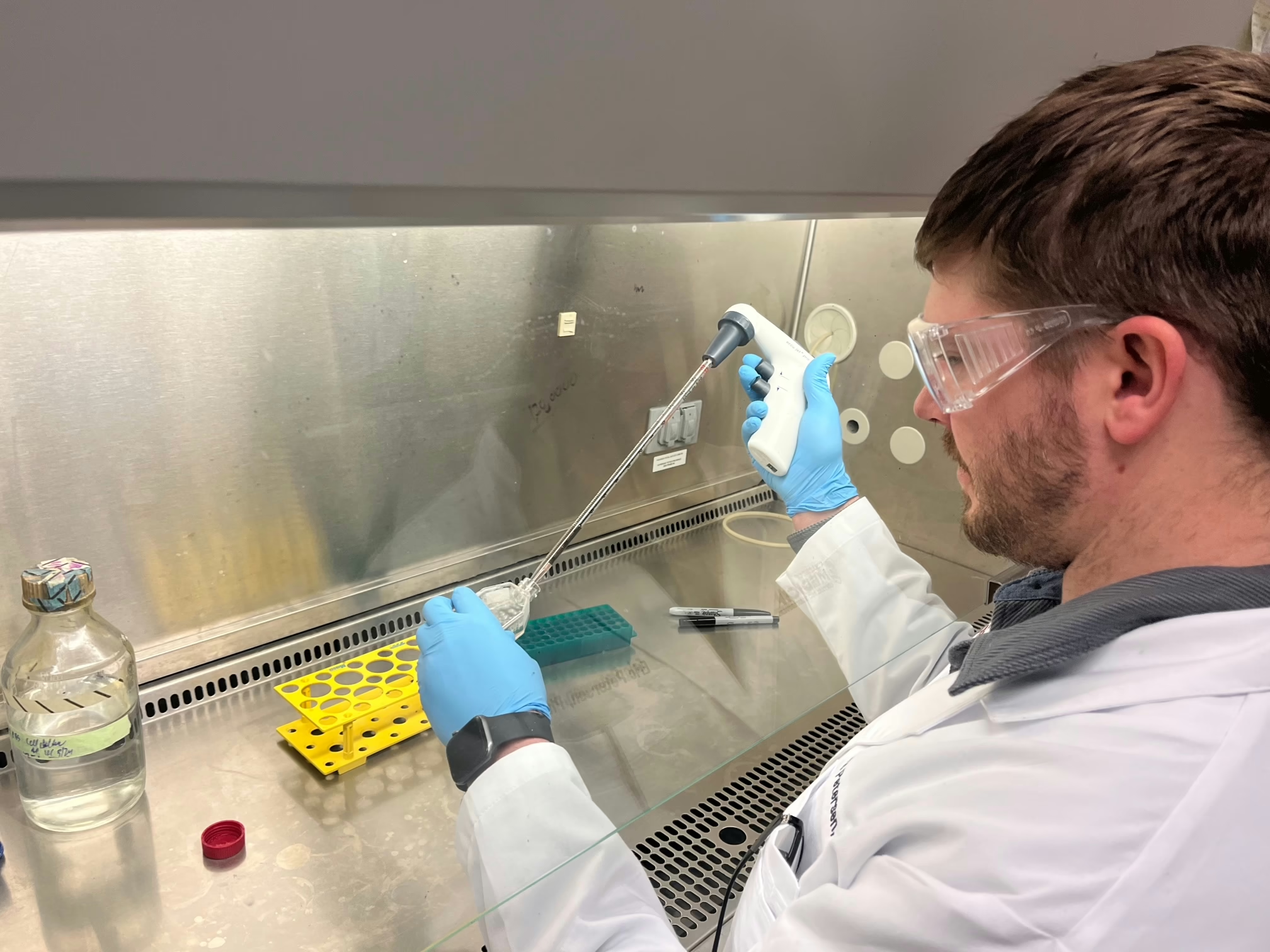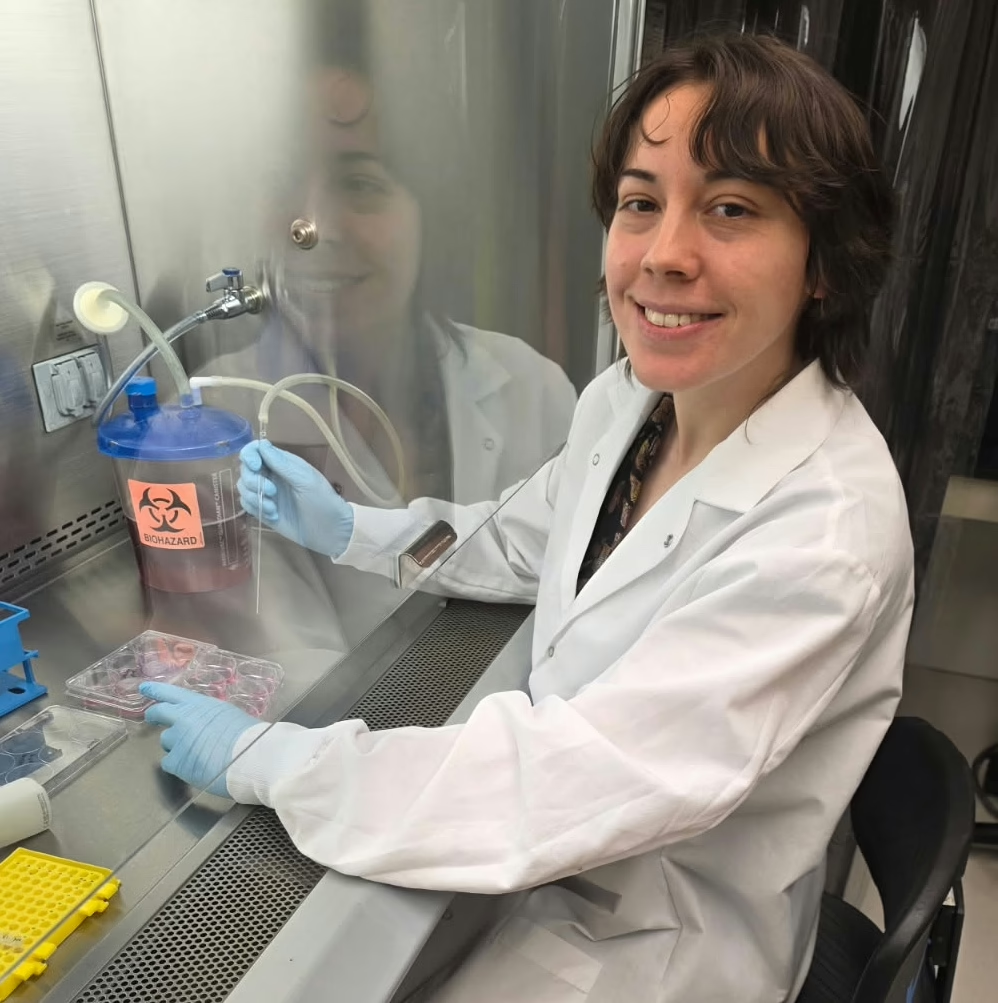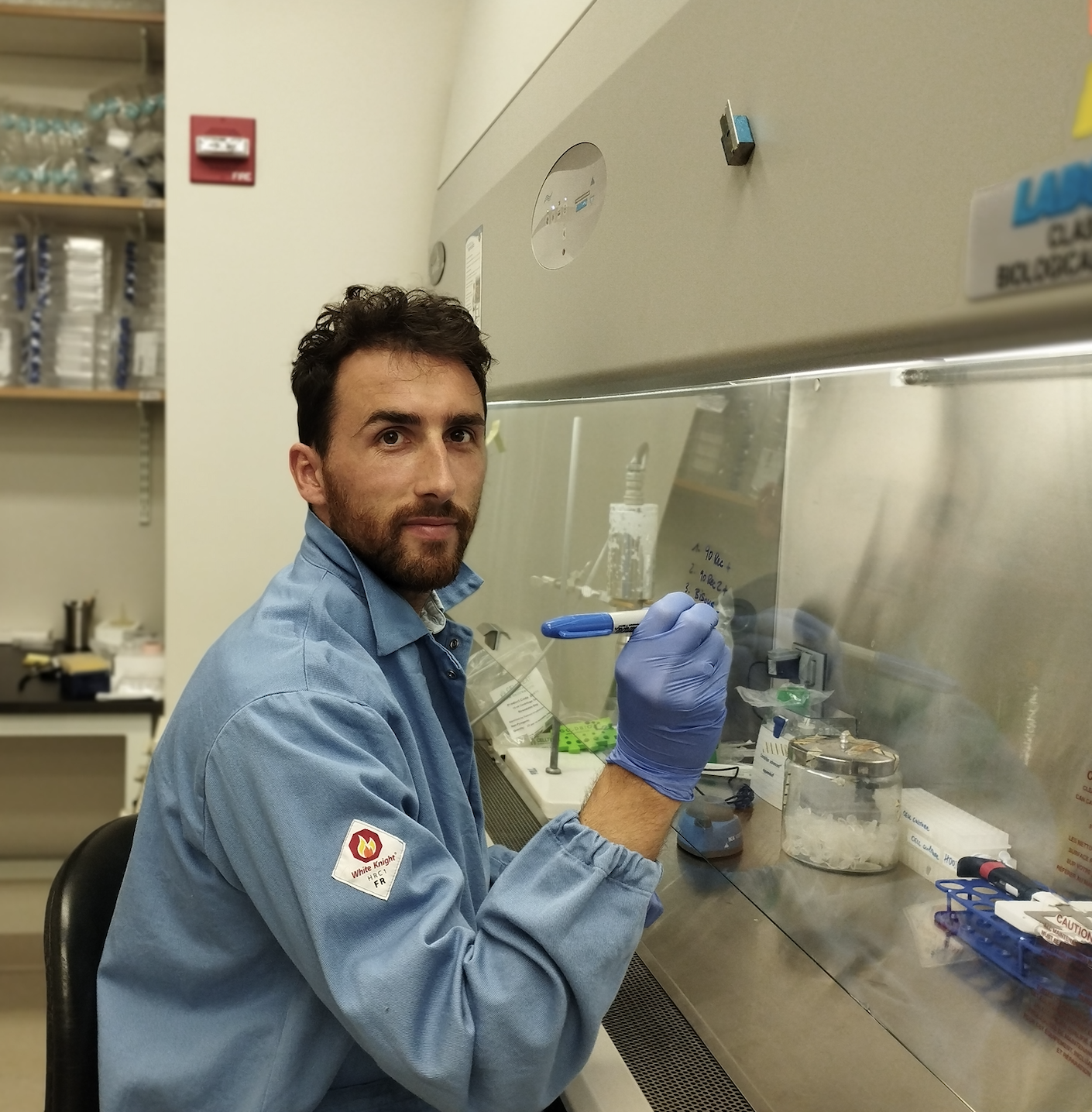Final Project Update
We evaluated a CD226 blocking antibody for preventing T1D in non-obese diabetic (NOD) mice. Treatment with anti-CD226 significantly reduced T1D onset and immune cell infiltration in pancreatic islets compared to a control antibody. Anti-CD226 inhibited effector T cell proliferation and enhanced regulatory T cell (Treg) activation and suppressive capacity. These findings suggest anti-CD226’s potential for disease reversal in recent-onset T1D in NOD mice.
In vitro studies showed that effector T cell proliferation decreased significantly in Treg-specific CD226-deleted NOD mice compared to wild-type. This reduction is likely due to increased TIGIT expression on effector T cells. Preliminary data indicate that TIGIT-Immunoglobulin (Ig) protein reduces T cell activation, supporting future pre-clinical studies of TIGIT-Ig treatment for T1D.
CD226 destabilizes Tregs, making them more inflammatory in T1D patients. We aim to understand CD226’s role in Treg function and test therapeutic strategies targeting this receptor. In NOD mice, Tregs lacking CD226 showed increased TIGIT expression, suggesting CD226 impairs Treg activity. We will further investigate this in future studies.
Additionally, in adoptive cell immunotherapy (ACT), Tregs often become unstable after expansion. Isolating Tregs without CD226 improved their stability and functionality, suggesting this approach could enhance ACT efficacy. We will also assess CD226 antibody blockade therapy to prevent T1D development.
6-Month Project Update
CD226 is an activating costimulatory receptor on T cells that has been implicated in promoting the development of type 1 diabetes (T1D) via several mechanisms including destabilization of regulatory T cells (Treg). Tregs normally serve to prevent autoimmunity, but previous studies in blood samples of patients with T1D have shown that Tregs with CD226 on their surface are more inflammatory. The overall goals of this project are to improve understanding of how Treg functionality is impaired by CD226 and to test the pre-clinical efficacy of therapeutic strategies targeting this receptor.
We have begun to perform studies to understand the role of CD226 in Treg function in the non-obese diabetic (NOD) mouse model of T1D. We characterized T cell populations in NOD mice whose Tregs lack CD226 and observed increased expression of its inhibitory counterpart, TIGIT, on pancreatic Tregs and total CD4+ T cells. As TIGIT is known to promote Treg suppressive function, these data suggest that CD226 may impair Treg activity via this mechanism. We plan to determine how this enhanced TIGIT expression impacts Treg function during the next reporting period.
Another goal of this project was to assess whether CD226 could be contributing to human Treg destabilization in the context of adoptive cell immunotherapy (ACT). As the gold standard of immunotherapy, ACT involves isolating body’s own cells, expanding them outside of the body, then returning them to the patient to treat autoimmunity without the need for drugs. One major limitation of ACT, however, is that Tregs tend to become more inflammatory and lose stability after two weeks of expansion. Our results show that by initially isolating Tregs without CD226 expression, the expanded population is less prone to instability and possesses stronger functionality than conventional isolation methods. Overall, this finding suggests that the exclusion of CD226-expressing Tregs may improve the efficacy of ACT applications in autoimmunity. We will next assess the efficacy of CD226 antibody blockade therapy as an alternative means to target this pathway to prevent T1D development.
Project Description
Many genetic mutations are linked to the risk for developing type 1 diabetes (T1D). One such mutation is found in the CD226 gene, which encodes a receptor that increases the activation of T cells – the primary immune cells responsible for destroying insulin-producing pancreatic beta-cells.
Our group has shown that CD226 can impair the function of human regulatory T cells (Treg), a subset of immune cells critical for maintaining self-tolerance, a term that refers to the immune system’s ability to determine which antigens to attack and which ones to leave alone.
We hypothesize that CD226 may contribute to T1D by supporting the development of rogue immune cells known as exTregs. Furthermore, we propose that therapeutics inhibiting the CD226 pathway may prevent T1D due to improved Treg function.
Our previous work showed that interruption of the CD226 gene inhibits T1D development in the non-obese diabetic (NOD) mouse model. This finding supports a need for research that explore how CD226 contributes to T1D onset and a need for therapies that prevent TID by targeting this gene.
In our investigation, we will study the ways that CD226 impairs Treg function by comparing immune cells in tissues from mice with the cD226 gene deleted to cells from mice with the gene intact. We will also compare mice with the CD226 deletion to fluorescent reporter mice with exTreg cells intact. Further studies will assess whether the loss of CD226 affects Treg generation in ways beyond their suppressive function.
We will also assess two strategies for CD226 inhibition in the NOD mouse model. First, we will test how effectively a CD226 blocking antibody at inhibits T1D development. Second, we will measure how well depleting CD226-expressing Tregs improves Treg isolation, expansion, and re-infusion therapy for the prevention of T1D. These studies will improve our knowledge of the role CD226 plays in T1D development. And we expect the preclinical data we generate will support the initiation of clinical studies of CD226-targeting therapeutics designed to prevent T1D.












